Jong In Kim
StyleKQC: A Style-Variant Paraphrase Corpus for Korean Questions and Commands
Mar 24, 2021
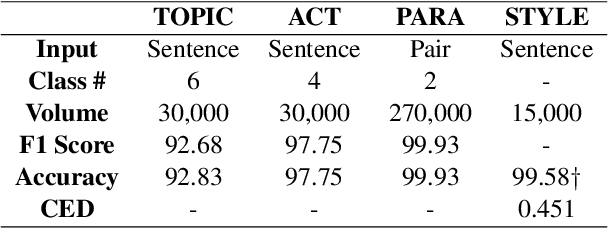
Abstract:Paraphrasing is often performed with less concern for controlled style conversion. Especially for questions and commands, style-variant paraphrasing can be crucial in tone and manner, which also matters with industrial applications such as dialog system. In this paper, we attack this issue with a corpus construction scheme that simultaneously considers the core content and style of directives, namely intent and formality, for the Korean language. Utilizing manually generated natural language queries on six daily topics, we expand the corpus to formal and informal sentences by human rewriting and transferring. We verify the validity and industrial applicability of our approach by checking the adequate classification and inference performance that fit with the fine-tuning approaches, at the same time proposing a supervised formality transfer task.
Re-presenting a Story by Emotional Factors using Sentimental Analysis Method
Jul 13, 2016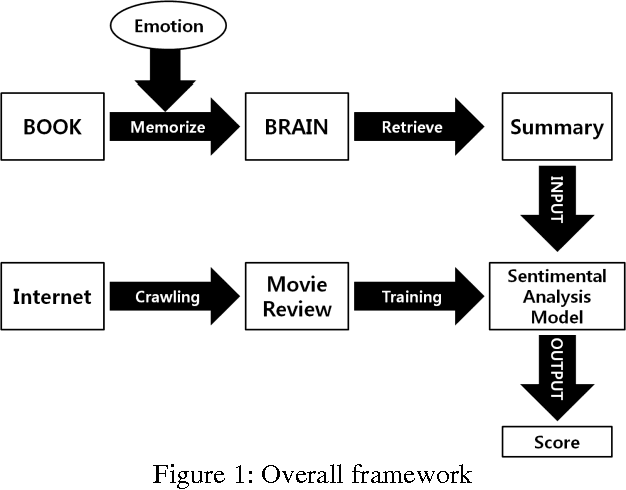
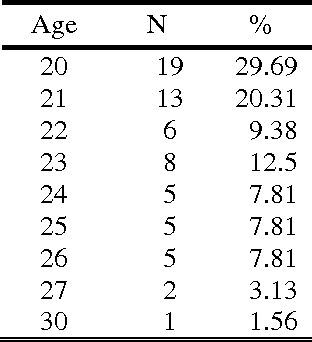
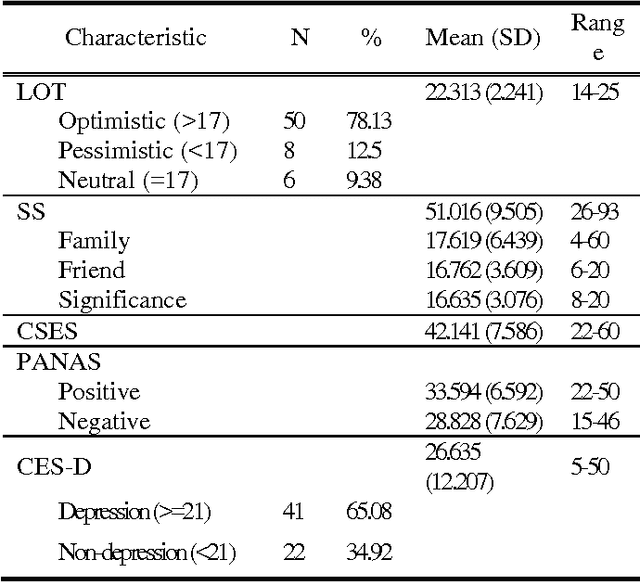
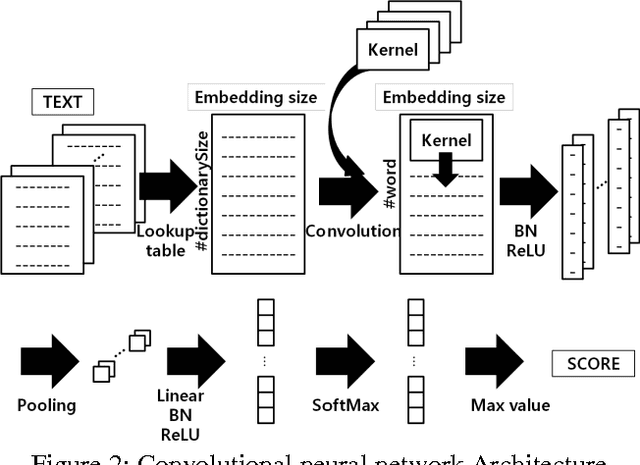
Abstract:Remembering an event is affected by personal emotional status. We examined the psychological status and personal factors; depression (Center for Epidemiological Studies - Depression, Radloff, 1977), present affective (Positive Affective and Negative Affective Schedule, Watson et al., 1988), life orient (Life Orient Test, Scheier & Carver, 1985), self-awareness (Core Self Evaluation Scale, Judge et al., 2003), and social factor (Social Support, Sarason et al., 1983) of undergraduate students (N=64) and got summaries of a story, Chronicle of a Death Foretold (Gabriel Garcia Marquez, 1981) from them. We implement a sentimental analysis model based on convolutional neural network (LeCun & Bengio, 1995) to evaluate each summary. From the same vein used for transfer learning (Pan & Yang, 2010), we collected 38,265 movie review data to train the model and then use them to score summaries of each student. The results of CES-D and PANAS show the relationship between emotion and memory retrieval as follows: depressed people have shown a tendency of representing a story more negatively, and they seemed less expressive. People with full of emotion - high in PANAS - have retrieved their memory more expressively than others, using more negative words then others. The contributions of this study can be summarized as follows: First, lightening the relationship between emotion and its effect during times of storing or retrieving a memory. Second, suggesting objective methods to evaluate the intensity of emotion in natural language format, using a sentimental analysis model.
 Add to Chrome
Add to Chrome Add to Firefox
Add to Firefox Add to Edge
Add to Edge